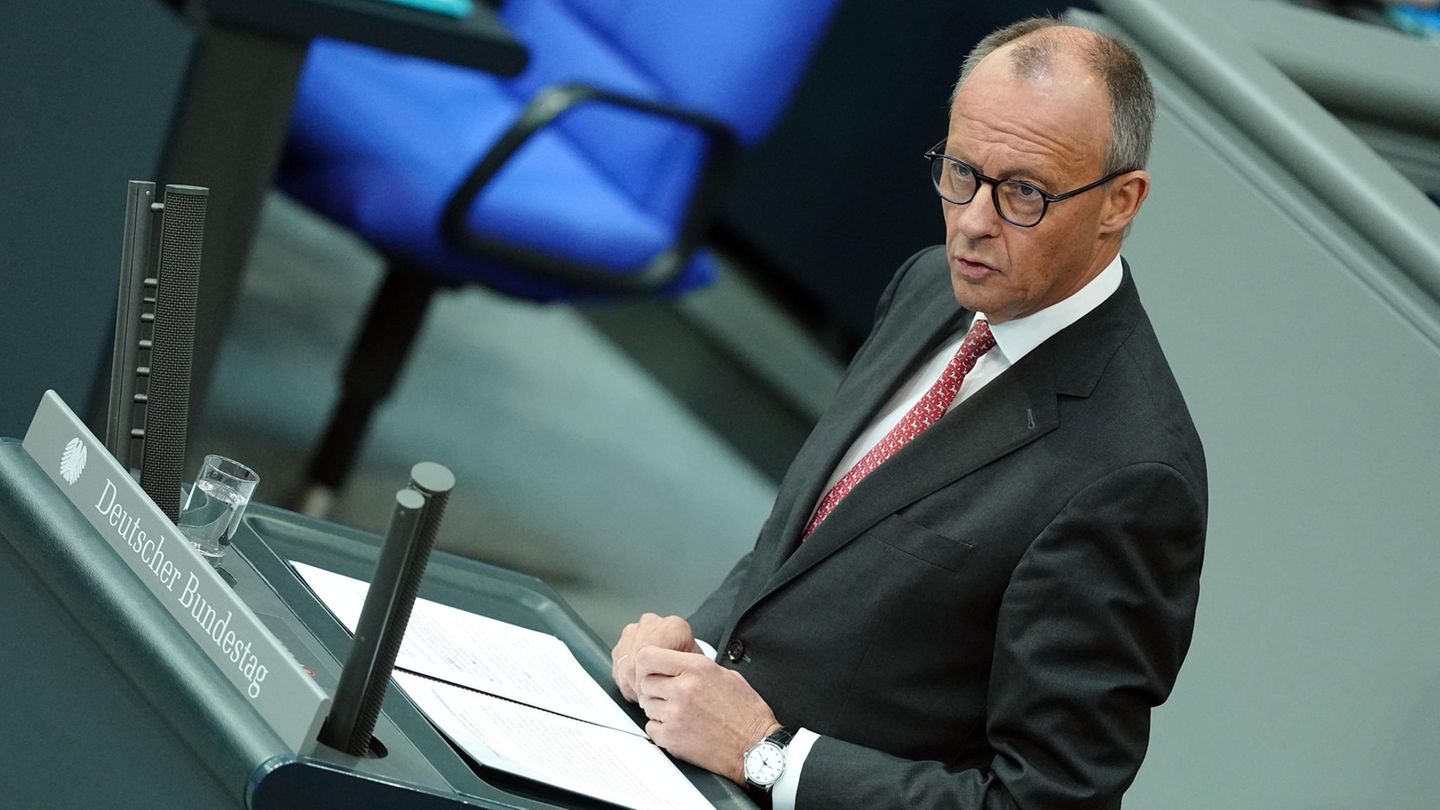According to the draft of the federal budget, new borrowing should fall significantly next year compared to 2023. The German interest burden is too high, says Finanzminszer Lindner, saving is the order of the day.
Federal Finance Minister Christian Lindner has emphasized the need for a change in budgetary policy. The head of the FDP said in the Bundestag when the draft budget for 2024 was introduced: “It is now a matter of recognizing financial realities after years in which money did not seem to play a role.” Lindner made it clear that the 2024 budget was only the beginning of a consolidation of public finances.
The clearest sign of the necessary budgetary policy change is the federal government’s interest burden. The federal government found itself facing a “steep wall” last year, but has now arrived on the high plateau. The air had become noticeably thinner. The interest costs would be 37 billion euros in 2024, a tenfold increase compared to 2021. “We simply cannot afford endless new debts, they would not be financeable,” said Lindner.
According to the draft of the federal budget for 2024, the new debt should be 16.6 billion euros, which is around 30 billion less than planned for this year. This is intended to comply with the debt brake anchored in the Basic Law, which only provides for new debts to a very limited extent. Total federal spending for the coming year is planned at 445.7 billion euros – more than 30 billion less than this year.
Lindner: Crisis politics endangers the stability of the community
Lindner made it clear that, after the additional spending caused by the crisis, it is now a matter of returning to long-term sustainable public finances. “Anyone who does not find an exit from the crisis policy is permanently endangering the stability of our community.”
All departments except defense would have to contribute a total of 3.5 billion euros in 2024 and 2025. Lindner also referred to another “need for action”: by 2027 there will be a gap of 5 billion euros between expected and planned income and expenditure. Priorities need to be refocused. The development of the welfare state must be slowed down – but not by cutting benefits, but by more employment incentives.
The consolidation of federal finances is also important for the younger generation, said Lindner: “If the poor uncle inherits debts, you can turn down the inheritance, but you can’t do that with the federal budget.”
Source: Stern
I have been working in the news industry for over 6 years, first as a reporter and now as an editor. I have covered politics extensively, and my work has appeared in major newspapers and online news outlets around the world. In addition to my writing, I also contribute regularly to 24 Hours World.




